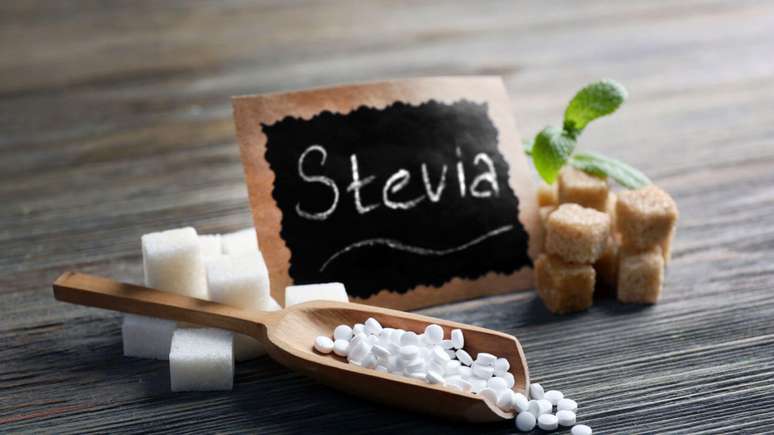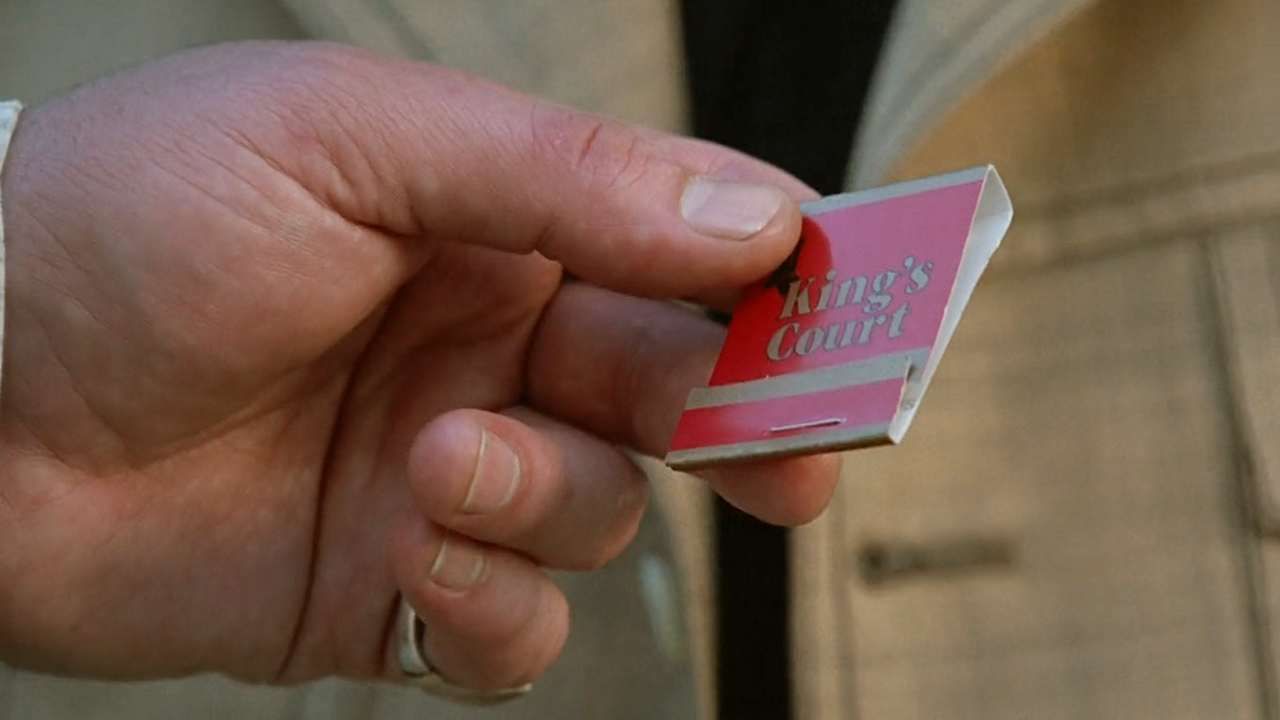Stevia is a natural sweetener that conquers the taste of Brazilians every day
At first, replacing sugar with stevia seems like a good idea. After all, it’s been a long time since the refined substance became a real villain in diets and even health. Fairly good reputation. But does replacing it with other sweeteners guarantee a significant effect on well-being?
It is acceptable to swap sugar for stevia
“Yes. Because of its high sweetness content. 1 g of stevia is equivalent to 200-300 g of sugar. You don’t need to have many drops or spoons of stevia for your food or drink to be sweet,” he exclusively assured Sport Life. nutritionist Renata Branco.
Therefore, its consumption is recommended especially for diabetics and obese people due to its low calorie content. There are several ways to include stevia in your daily menu as a substitute for sugar.
“Stevia is resistant to high temperatures, as it does not lose its properties and does not leave residual flavor after being subjected to heat. The ideal is to use the stevia sweetener powder in recipes and preparations, which require high temperatures as a substitute for sugar and use the liquid for juices”, Renata emphasized.
Therefore, ingesting stevia becomes interesting for anyone. And ideally, a follow-up with a nutritionist should take place so that there is no harm to health. So, overdoing this sweetener can pose serious risks for someone.
“Stevia is a natural sweetener obtained from the plant Stevia Rebaudiana Bertoni. It is composed of the glycoside of steviol, called Rebaudioside A, which is considered safe by the FDA (Food and Drug Administration). Logically, it should be ingested in moderation and side effects only at high doses,” explained the nutritionist.
What are the other benefits of stevia?
“It helps with weight loss, helps regulate appetite and reduces hunger. It can help control and reduce blood sugar levels, which can be helpful for people with diabetes. It can help increase HDL cholesterol when used in baked or roasted foods, as it remains stable at temperatures up to 200ºC. It is recommended to consume 7.9 to 25 mg/kg per day to obtain the benefits of stevia,” concluded nutritionist Renata Branco.
Research
Stevia has long been popular in South America as a natural sweetener in foods and beverages. In addition, Ingredion research has shown that 58% of consumers believe Stevia is the best alternative to sugar.
“We know that 95% steviol glycosides is the minimum amount for Stevia to be approved for use. Leaf components and extraction technology are some of the factors that significantly influence the quality of the product, in addition to flavor and sweetness,” said Rafaela Manso, regional leader of Ingredion’s Sugar Reduction platform.
The novelty of this study is that Reb M, a molecule present in the Stevia leaf along with other sweeteners, does not provide calories and that obtained through fermentation reduces the environmental impact of the ingredient by 82% compared to sugar and by 50% if obtained in bioconversion.
“In addition to being more environmentally friendly, bioconversion is also a more economical production technique than extraction,” Rafaela pointed out, who also concluded that Reb M allows for a high reduction in sugars, while maintaining a clean flavor profile and pleasant sweetness, making it an excellent “tool” in the development of products with little or no added sugar.
How about swapping sugar for honey? Is it worth it? We tell you in the video:
Source: Terra
Ben Stock is a lifestyle journalist and author at Gossipify. He writes about topics such as health, wellness, travel, food and home decor. He provides practical advice and inspiration to improve well-being, keeps readers up to date with latest lifestyle news and trends, known for his engaging writing style, in-depth analysis and unique perspectives.









